The Paris Commune, proclaimed on March 18, 1871, represents a significant chapter in the history of the workers' movement. It was the first social rehearsal of the revolutionary proletariat to seize political power, unleashing a civil war against the exploiters, establishing an embryonic form of direct workers' democracy. Not only was it a significant revolutionary action in itself, but it also provided a practical model for the future of the proletarian struggle.
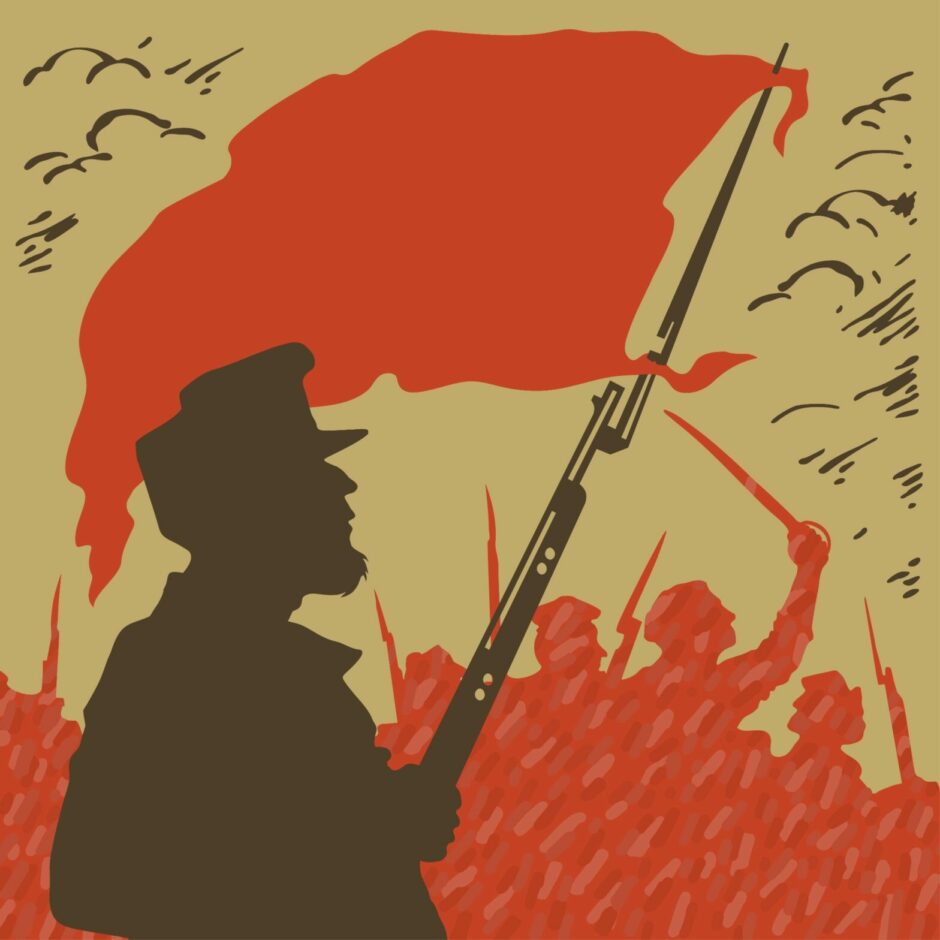
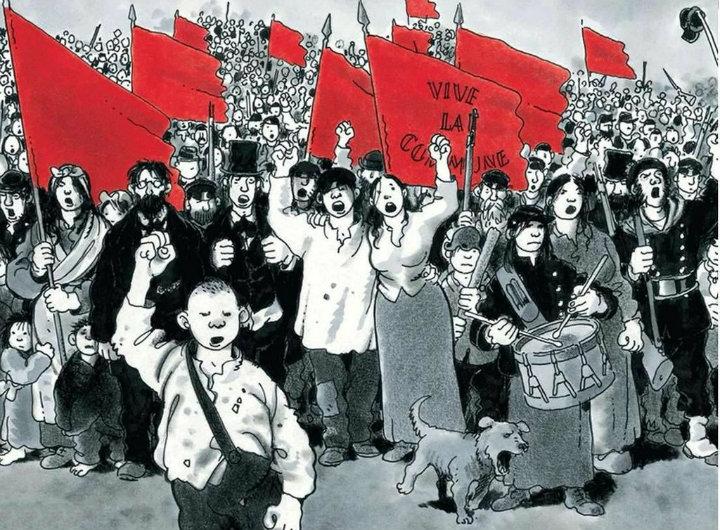
This government emerged spontaneously during the Franco-Prussian war, as a response to general discontent against the bourgeoisie, which had triggered war and exercised a mediocre defense of the homeland. The commune was chosen on March 26 and proclaimed two days later, implementing policies to meet the immediate needs of the laborious masses and dissolving the old state of the exploiters.
The measures adopted by the commune included the abolition of the permanent army and the police, the democratic and revocable election of the officials with workers' salaries, and the separation of the Church and the State. These acts demonstrated how the masses solved in practice the problem of the dictatorship of the proletariat, a dictatorship for the oppressive classes, with the democratic exercise of the exploited and oppressed masses.
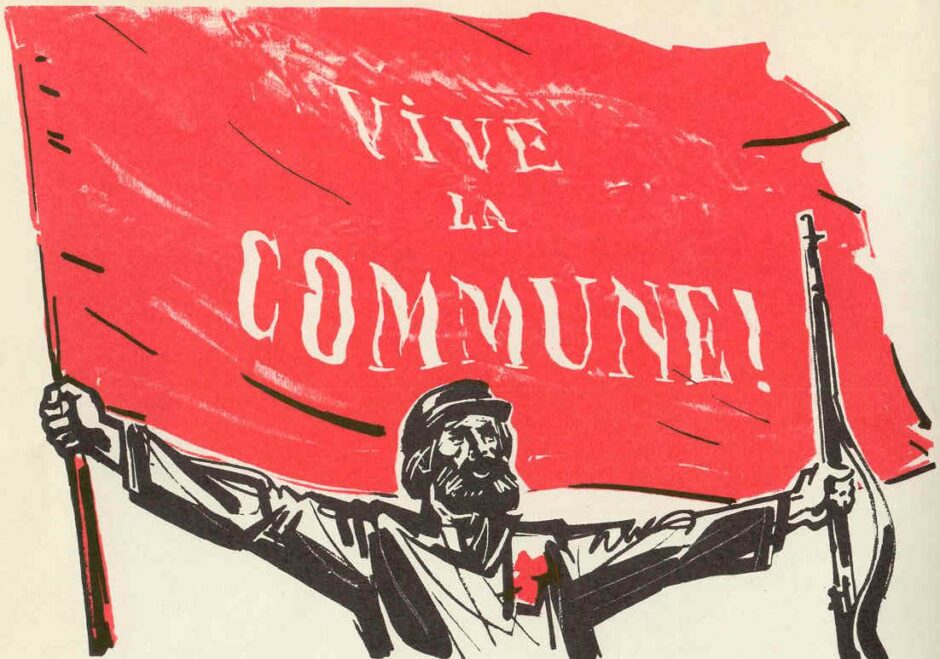
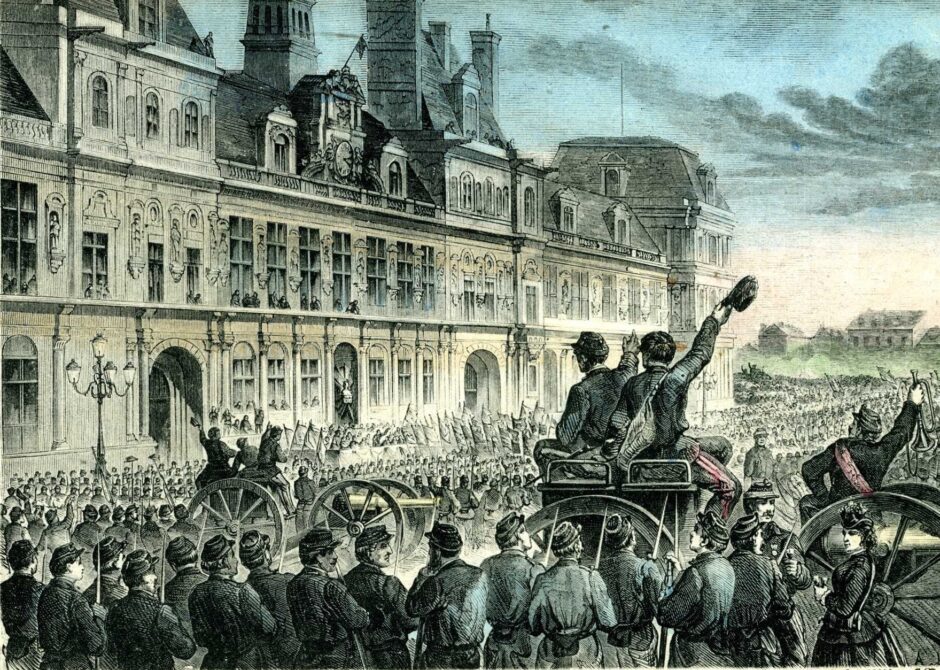
The Commune-type state is characterized as a new type of state that negates the bourgeois state. Their power comes from the direct initiative of the masses from below, replacing the repressive institutions with the general arming of the people and replacing the bureaucracy with electable and removable officials. It serves the proletariat as the ruling class to exercise its dictatorship over the former oppressors and exploiters, but at the same time, it is the beginning of the negation of any state.
The women, since the beginning of the revolution on March 18, were fundamental in the defense of the city, facing government troops and demonstrating their firmness not only in support work, but with weapons in the barricades; especially during the last week. The women of the commune were not limited to a traditional "feminist movement", but were actively involved as workers and this could be seen in the organization of committees, clubs, cooperatives, such as the Union of Women for the defense of Paris founded by Louise Michel.
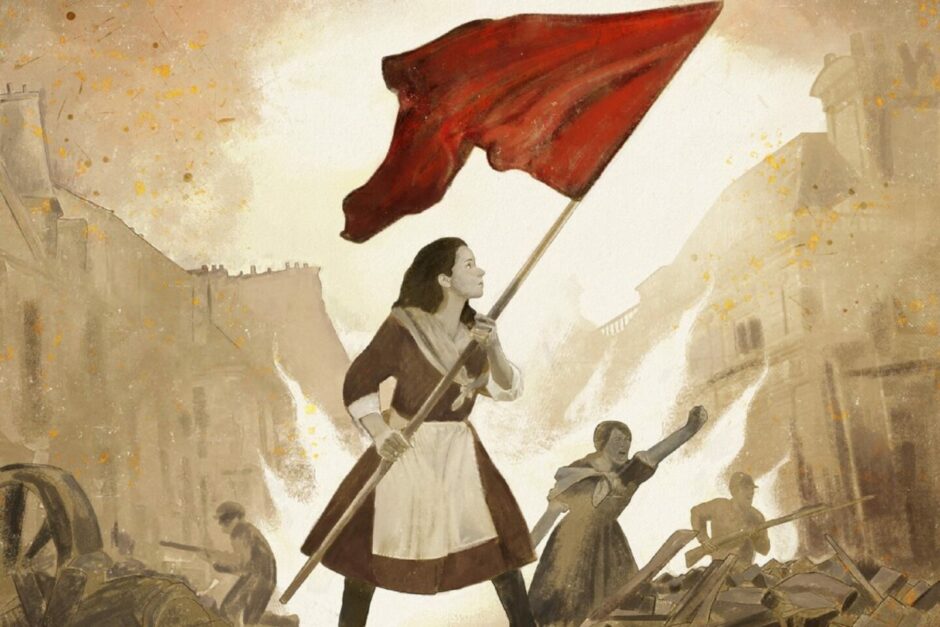
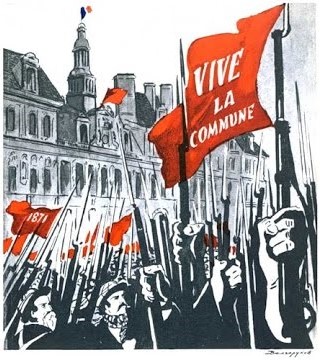
The military defeat of the commune occurred thanks to the alliance of the Prussian forces that helped to fence the city and the forces of Thiers that were nourished by the liberation of the prisoners in the hands of Prussia, defeat helped by the naive benevolence of the leaders workers who did not take the rapid and urgent measures to “expropriate the expropriators” as was the Bank of France, measures that gave the necessary time and the resources for the reaction to be lifted and joined internationally.
Despite its fall on May 28, 1871, the commune of Paris left historical teachings that still guide the praxis of the revolutionary detachments of the working class and its real parties. The lessons of the commune are mandatory and their understanding and application is decisive for the communists in the world, especially after the experiences of the dictatorship of the proletariat in Russia and China and its temporary defeat.
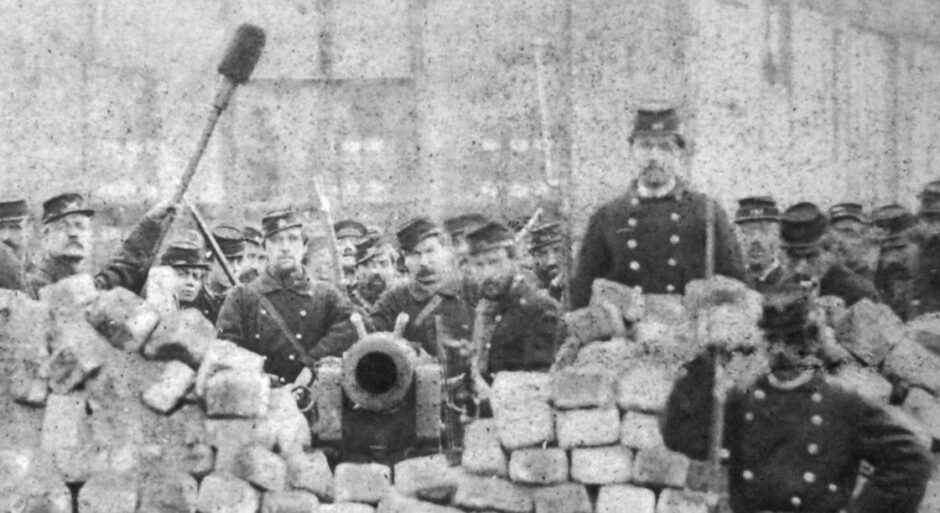
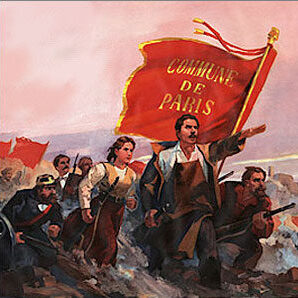
“The commune has died! Long live the commune! The working class did not expect any miracle from the commune. The workers do not have any utopia ready to implement it for recret du peuple (by decree of the people). They know that, to conquer their own emancipation, and with it that superior form of life to which current society tends irremissibly for their own economic development, will have to go through long struggles, for a whole series of historical processes, which will completely transform the completely the circumstances and men. They do not have to perform any ideals, but simply give free rein to the elements of the new society that the old agonizing bourgeois society carries in its bosom. ”
Karl Marx